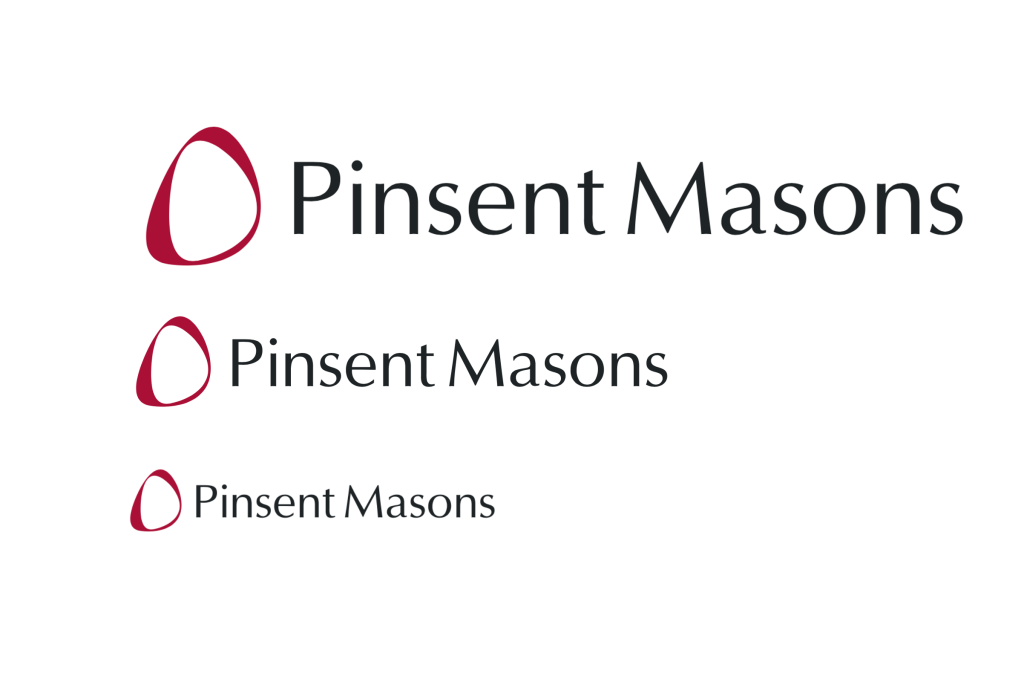
In a candid moment, international law firm Pinsent Masons has stated that law firms ‘have failed to articulate to inhouse lawyers…the benefits of using AI and how any efficiency savings can be passed on to, or shared, with their clients’.
And that ‘most law firms’ current approach [to advising clients on AI] is only adding confusion to what is a complex technological environment to get a handle on’.
The revealing comments are part of an article published by the firm in its internally produced magazine Out-Law, and was written by partners David Halliwell and Ben Williams, who are on the managed legal services and consulting side of the business respectively.
Such views are often mentioned in the market, but it’s unusual for a law firm to actually spell this out itself. Inhouse teams are understandably keen that they see some benefits from their external lawyers using AI, and also want to use the technology themselves. They also often look to law firms for some help with how to deploy AI internally. Yet, as the authors explain, law firms can’t always provide what’s needed.
The authors also note that there is a challenge with the differences between how law firms use AI and how inhouse legal teams use it. For example, a law firm may use AI to help with M&A due diligence and review 1,000s of documents, but that is not a use case most clients will ever handle. Clients may be more interested in how they can use AI to leverage playbooks to speed up routine contract review and redrafting, often of single contracts – not 1,000s.
Here’s the full section of text that examines the challenges law firms face when trying to communicate to clients about AI:
‘More often than not, however, law firms have failed to articulate to in-house lawyers or meaningfully evidence the benefits of using AI and how any efficiency savings can be passed on to or shared with their clients.
‘On the face of it, in-house legal teams are presented with impressive credentials and an impression that there are experienced advisers able to assist them in getting started on their own AI journeys.
‘The reality, however, is there is often a disconnect between the AI use cases in which law firms have meaningful expertise and those which meet in-house legal’s needs. There is crossover, and lessons can be learned, but the use cases, the tools and the benefits are not always analogous.
‘In contrast to law firms, in-house teams rarely need to carry out large document review exercises. Instead, in-house teams are looking at small volumes or even single documents, but because these needs often arise only periodically for corporates, it is rarely economical for them to maintain that capability themselves.
‘While in-house teams know they need to adopt AI, often they don’t quite know what AI products are available on the market and how they might be applied to their bespoke processes. Law firms presenting in-house teams with examples of how they have used AI in litigation and pattern matching, or in large-scale contract remediation, are therefore missing the mark.’
‘Arguably, most law firms’ current approach is only adding confusion to what is a complex technological environment to get a handle on, making it more difficult for in-house lawyers to understand how they might usefully adopt AI in practice. In this context, it has become all too easy from the outset for in-house lawyers to disregard AI as a vital tool that could bring tangible benefits to their own teams.
‘A useful starting point for in-house teams might be support with familiarising themselves with AI tools available on the market. Most will be familiar with generative AI tools like ChatGPT and Copilot. Many may already use them for research purposes, but there is a wide array of other AI products that might help streamline administrative tasks and free in-house teams up to provide much more valuable support to their business.’
And the article continues. You can read the full piece here.


Overall, this is a welcome addition to the debate and kudos to Pinsent Masons for being open about things.
Discover more from Artificial Lawyer
Subscribe to get the latest posts sent to your email.

